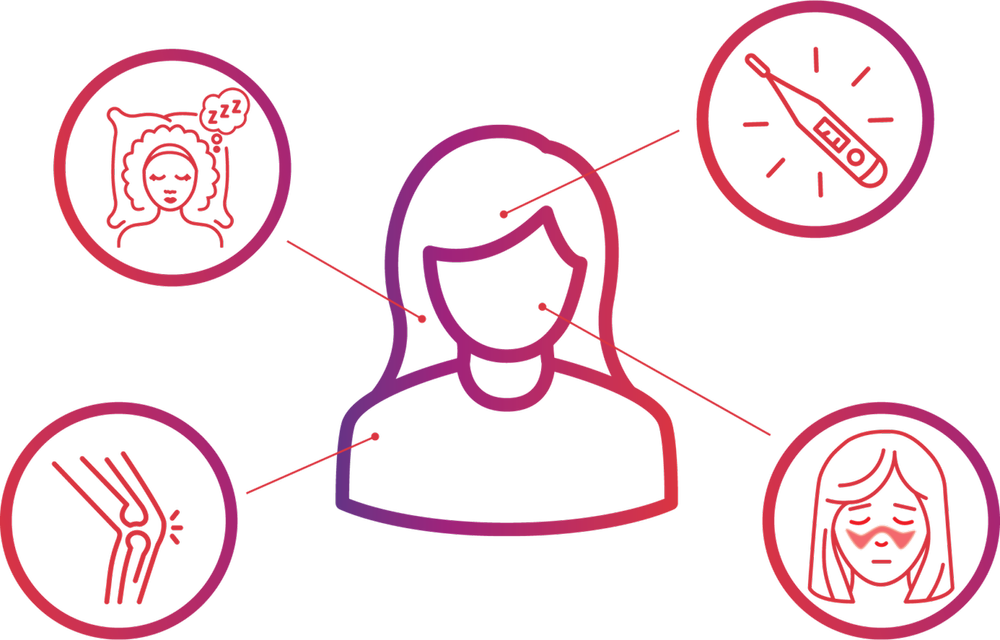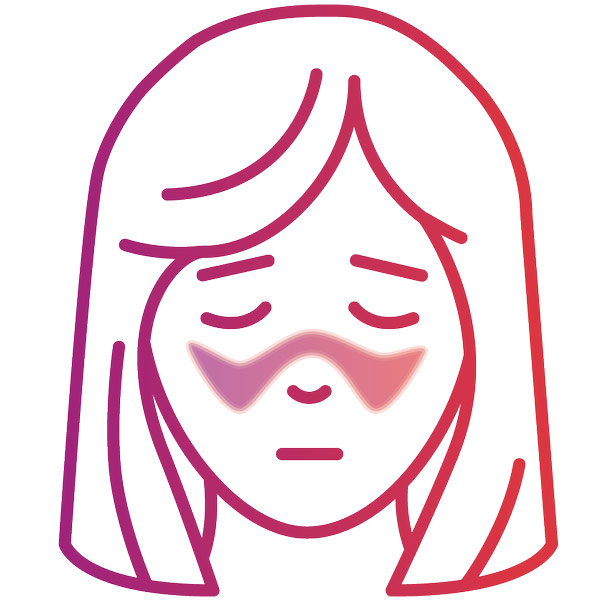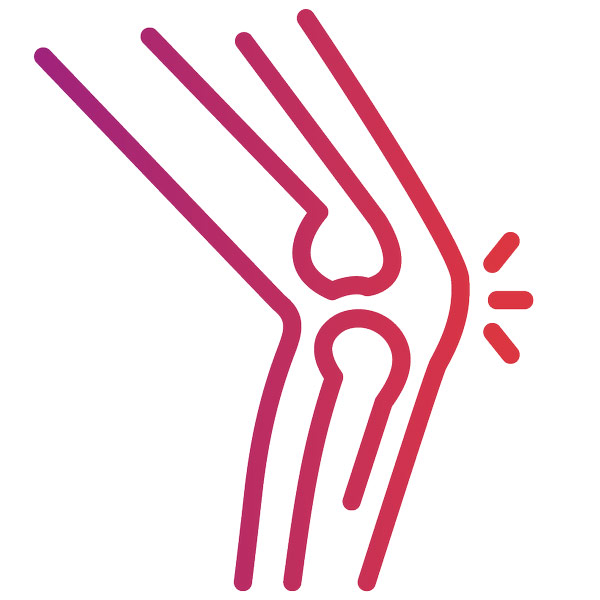
Lupus is a complex autoimmune disease known for its diverse range of symptoms that can affect nearly every part of the body. While lupus symptoms can vary from person to person, understanding the most common manifestations is crucial for early diagnosis and management.
Recognizing these common lupus symptoms is vital for early intervention and effective disease management.Below, we shed light on some frequently encountered symptoms of lupus, including fatigue, malar rash, joint pain and swelling, and fever.


Approximately 50%–90% of people with Lupus identify fatigue as one of their primary symptoms. The severe fatigue of Lupus seems to be caused by many factors, including disease activity, anxiety disorders, sleep disturbances, vitamin D deficiency and low levels of exercise. Scientists differ on whether there is also a relationship between fatigue and the disease itself or the treatments used to manage lupus.
No matter the cause, it’s clear that fatigue can significantly impact patients’ quality of life, including lessening the ability to function at home and at work. Research conducted through a clinical trial network established by the Lupus Research Alliance explored a potential mobile application for patients to report and measure fatigue.

About half of people with Lupus experience a characteristic red “malar” rash or color change that may appear across the cheeks and bridge of the nose in the shape of a butterfly. The rash can last from days to weeks and is sometimes painful or itchy. Rashes may also occur on the face and ears, upper arms, shoulders, chest, hands and other areas exposed to the sun.
Because many people with Lupus are sensitive to sunlight (called photosensitivity), skin rashes often first develop or worsen after being out in the sun. Some people find that the appearance of the butterfly rash is a sign of an oncoming disease flare.

Up to 90% of people with Lupus will have arthritis, which is defined as inflammation or swelling of the joint lining. The most common symptoms of arthritis are stiffness and aching, most often in the hands and wrists. Symptoms of arthritis can come and go and move from one joint to another. Pain and stiffness tend to be worse in the morning and improve as the day goes on.
People with lupus can also experience pain in the joints without swelling or tenderness, which is referred to as arthralgia. These symptoms can limit mobility and cause discomfort. Prompt diagnosis and appropriate management can help alleviate joint-related issues and improve overall quality of life.

Most people with Systemic Lupus Erythematosus (SLE) experience unexplained fevers (temperatures over 100°F (37.8°C). Physicians often recommend nonsteroidal anti-inflammatory drugs (NSAIDs) such as naproxen or ibuprofen and/or acetaminophen.
Fever is a common symptom of lupus and is often associated with disease flares. These fevers are typically low-grade but can spike during flare-ups. Lupus-related fever may be accompanied by other symptoms such as fatigue, joint pain, and malaise. Monitoring and addressing fever is essential, as it can be an indicator of disease activity.
Take the first step towards a more informed, empowered, and connected lupus journey. Contact Ladies of Lupus Foundation today to join our community, access advanced research, and embark on a path of discovery, education, and empowerment.
The Ladies of Lupus Foundation is here to empower you through knowledge, community, and a fresh perspective on lupus care. Lupus is our challenge, and together, it’s our opportunity for change.
The Ladies of Lupus Foundation is here to empower you through knowledge, community, and a fresh perspective on lupus care. Lupus is our challenge, and together, it’s our opportunity for change.”

All rights reserved. Funding raised is utilized for education, research and is also donated to the Hospital for Special Surgery Rheumatology Dept: Lupus Research and Care Facility in New York.


All rights reserved. Funding raised is utilized for education, research and is also donated to the Hospital for Special Surgery Rheumatology Dept: Lupus Research and Care Facility in New York.
